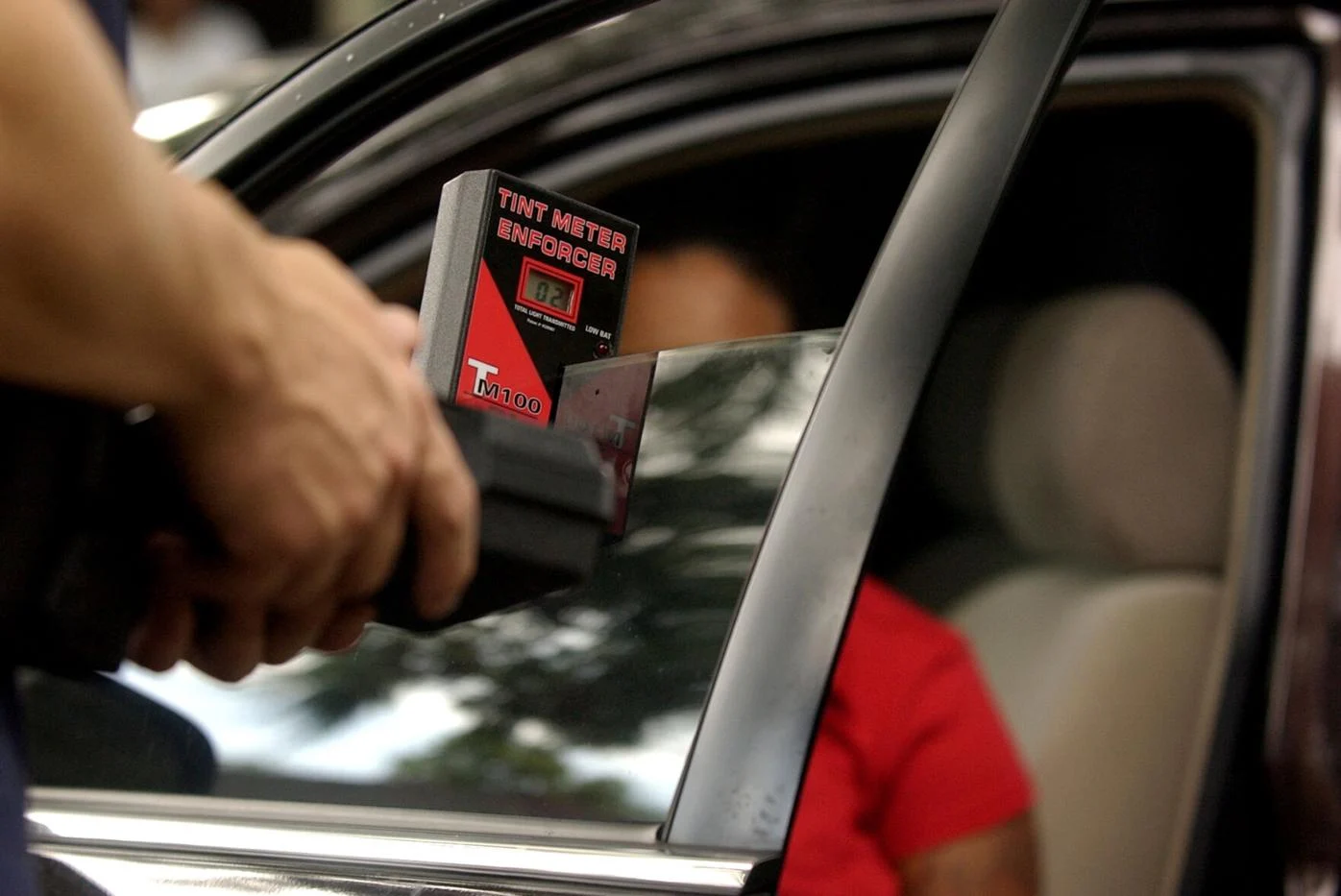(Transatlantic Today) —Window tinting has become a popular modification among car owners for various reasons, such as reducing heat and enhancing privacy. However, it’s crucial to be aware of the legal restrictions on window tinting to avoid costly fines and penalties. Each state, including the District of Columbia, has its own set of window tint laws, and failing to comply with them can lead to undesirable consequences. In this article, we will explore the ins and outs of window tint laws, how much is an illegal tint ticket, and how it can impact your car insurance.
Window Tint Laws: A State-by-State Matter
The legality of window tinting hinges on your location and the darkness of the tint you apply. Different states have varying regulations regarding the acceptable level of tint darkness and which windows can be tinted. To ensure you’re within the legal limits, it’s crucial to check your state’s specific guidelines before tinting your car windows. Here’s a breakdown of what might be allowed in your state:
Window tint levels are typically measured using a metric known as visible light transmission (VLT). A higher VLT percentage indicates that more light can pass through the tint, providing better visibility. For instance, a 60% VLT means that 60% of visible light can penetrate the window, while a 20% tint allows only 20% of visible light to pass through, resulting in a darker window.
To measure VLT accurately, specialized tools like tint meters with magnetic probes or horseshoe
tint meters are used. These devices are placed on both sides of the window to gauge the amount of visible light transmission. The higher the percentage, the lighter the tint and the more visibility you’ll have.
Some states also regulate windshield tints, specifying how far the tint can extend down the windshield, typically measured in inches. For example, a five-inch windshield tint covers the top portion of the windshield, leaving the rest untinted.
Facing the Consequences: How Much Is An Illegal Tint Ticket?
If you’re pulled over, and your window tint exceeds the legal limit in your state, you could receive a ticket. The severity of the ticket can vary depending on how far your tint exceeds the legal limit. It’s important to note that when traveling between states, you must adhere to the tinting laws of your state, regardless of your vehicle’s registration or the laws in your home state.
Law enforcement officers are not obligated to overlook violations simply because you’re unfamiliar with the laws of a particular state. To avoid unnecessary fines and penalties, it’s wise to keep documentation in your glove compartment that demonstrates the VLT percentage of your window tint in case an officer asks you.
Moreover, the consequences for illegal window tint can become increasingly severe with each subsequent offense. Typically, you may receive a warning or a relatively low fine for a first offense, such as $25, to rectify the issue. However, for a first-time illegal window tint ticket, the fine can be as high as $100; for a second offense, it can exceed $200.
Beyond the Ticket: Impact on Car Insurance
Aside from the immediate financial consequences of a window tint ticket, there’s another potential long-term impact, your car insurance rates. Similar to other traffic violations, an illegal window tint ticket can increase your insurance premiums. Insurance companies view traffic violations as indicators of increased risk so that they may charge you more for coverage.
Furthermore, suppose your tinted windows are significantly darker than the legal limit, and you’re involved in an accident. In that case, your insurance company may not cover all the damages related to the illegal tint. This means you could be responsible for paying for any damages to the illegally tinted windows out of your pocket.
However, suppose your car’s windows were tinted initially by the manufacturer within the legal limits of your state. In that case, your comprehensive and collision coverage may protect you in an accident. To ensure you have adequate coverage, it’s essential to keep your insurer informed of any modifications you make to your vehicle, including window tinting. Failing to do so could result in your insurer denying coverage for those modifications in case of a claim.
Final Words: How Much Is An Illegal Tint Ticket?
In conclusion, understanding your state’s window tint laws is crucial to avoid costly fines, penalties, and potential insurance rate hikes. Always check your local regulations before tinting your windows, and make sure to stay within the legal limits to ensure a safe and lawful driving experience. Remember, the consequences of illegal window tint can extend beyond the initial ticket, impacting your finances and insurance coverage in the long run. Stay informed and compliant to enjoy the benefits of window tinting without unwanted legal troubles.


























